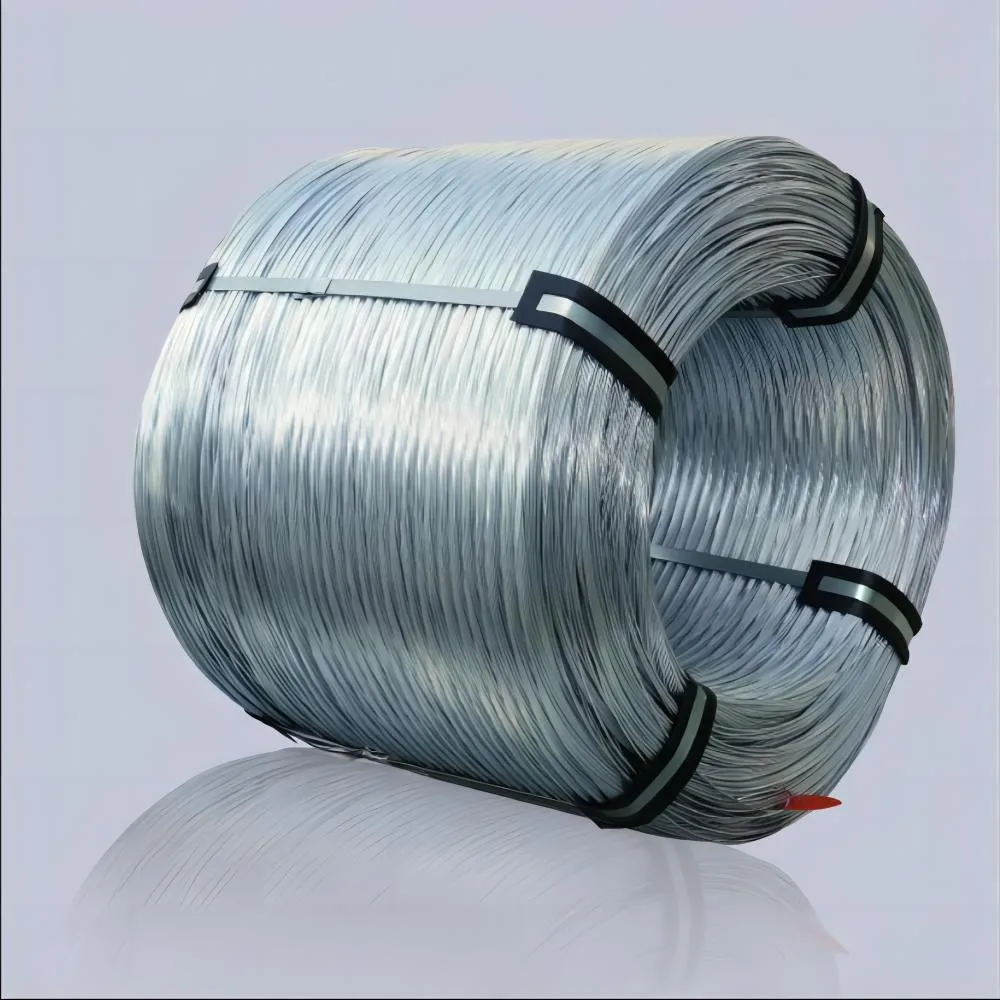Best Solutions for Chicken Fencing to Keep Your Birds Safe and Secure
The Importance of Choosing the Right Fence for Your Chickens
Raising chickens can be a rewarding venture, whether for fresh eggs, meat, or simply enjoying their quirky personalities. However, to ensure your flock thrives, having a proper enclosure is essential. A well-constructed chicken fence is not merely a barrier; it serves as a protective haven for your birds, safeguarding them from predators while allowing them space to roam and forage. This article explores the various considerations when selecting the right fence for your chickens and why this choice is critical for their overall well-being.
Why Fencing is Crucial for Chickens
Chickens are relatively defenseless animals. Their natural instincts may not always keep them safe from predators, which can include raccoons, foxes, coyotes, and even domestic dogs. A sturdy fence acts as the first line of defense, preventing these threats from accessing your flock. Beyond security, a fence also helps protect your chickens from wandering off. Without a secure enclosure, curious chickens may venture too far, risking their safety and sometimes their lives.
Types of Fencing for Chickens
When considering fencing options, one has several materials to choose from, each with its own benefits and drawbacks.
1. Wire Fencing This is one of the most common choices for chicken enclosures. Chicken wire is widely available and affordable, but it can be less secure against larger predators. Hardware cloth, a stronger alternative, is more prone to keeping smaller pests out while making it difficult for larger animals to tear through. 2. Wooden Fencing A wooden fence can provide both durability and an aesthetic appeal. These fences may be more challenging to construct but offer excellent protection. Adding a bottom layer of wire can prevent digging predators from accessing your flock.
3. Electric Fencing For those with persistent predator issues, electric fencing may be an ideal solution. While it's more expensive, it serves as a deterrent by delivering a mild shock to any animal that attempts to breach the barrier.
fence for chicken

4. Vinyl or Composite Fencing These materials provide a visually pleasing solution that requires less maintenance than wood. However, they can also be more costly and may not be as effective against determined predators.
Planning Your Fence
Before you start building, consider the layout of your chicken run. It’s advisable to have a fenced area that is at least 10 square feet per chicken, allowing them ample space to move around, scratch the soil for insects, and engage in social behaviors.
Moreover, it’s important to take into account the height of the fence. Chickens can’t fly high, but some breeds manage to escape with a good jump. A height of at least four to six feet should suffice to keep most chickens contained.
Maintenance of Chicken Fencing
Once you've established a secure fence, ongoing maintenance is necessary to ensure its effectiveness. Regularly inspect the structure for any signs of wear or damage, whether it’s loose panels on a wooden fence or rust on wire fencing. Ensuring that the area around the fence is clear of debris or overgrown vegetation will also help reduce hiding spots for predators.
Conclusion
In conclusion, choosing the right fence for your chickens is a fundamental step in successful poultry keeping. It protects your flock from predators and keeps them safe and secure within their designated area. Whether you opt for wire fencing, wooden enclosures, or more advanced systems like electric fencing, the key is to plan carefully and maintain the structure diligently. With a proper fence in place, you can enjoy peace of mind and focus on what really matters raising happy, healthy chickens.
-
Innovations in Razor Barbed Wire Design TechnologyNewsAug.11,2025
-
Roofing Nail Compatibility with Different Metal Roof TypesNewsAug.11,2025
-
Welded Wire Mesh for Rockfall Protection BarriersNewsAug.11,2025
-
Galvanized Wire Corrosion Resistance TestingNewsAug.11,2025
-
3D Fence Solutions Preventing Bird CollisionsNewsAug.11,2025
-
Using Chain Link Fence for Urban Garden SupportNewsAug.11,2025




